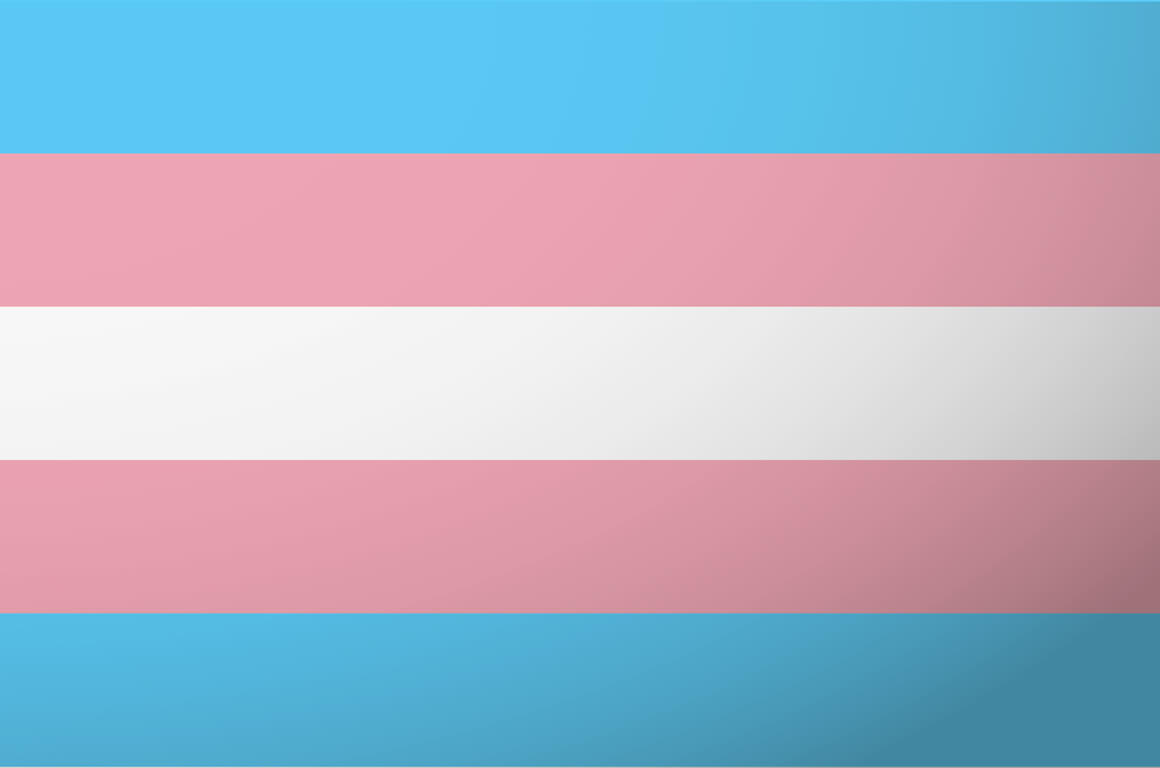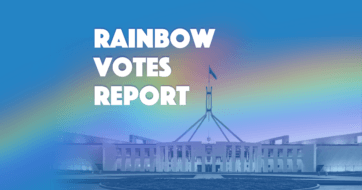17 April 2025: Overnight the UK Supreme Court ruled that the meaning of sex for the purposes of discrimination protections is confined to so-called ‘biological sex’ – excluding trans women from the same legal protections of other women, while also limiting the rights of trans men and non-binary people.
This ruling came about as challenges to the definition of women under the UK’s Equality Act 2010, the UK’s anti-discrimination laws, made their way through the courts. These cases were brought by women’s groups opposed to trans people’s rights and recognition. Unfortunately, the court seems to have taken the views of these fringe groups, bankrolled by figures such as JK Rowling, to be representative of the views of women, instead of the motivated anti-gender activists they are.
The decision is out of step with modern understandings of sex / gender, and its exclusionary interpretation of rights is likely to embolden groups who want to prevent trans people living their day to day lives.
While the judgment is not directly applicable in Australia, the decision is deeply concerning for the local trans community, who fear their rights, protections and lives being treated as a political football or challenged by bad faith actors in the courts.
Heather Corkhill, Equality Australia Legal Director:
“Trans people are already the target of endless culture wars and debates on who they are, and it’s a worrying sign that anti-trans actors have been able to limit the rights and protections of trans people under the law in the UK.
“The Court appears to have accepted the views of a vocal minority as representative of all women, and all lesbians. But they do not speak for us. Trans women are women, and the law in Australia reflects that.
“The law in Australia is well established and coherent on these matters, and trans people should be assured that protections from discrimination stand, and that the vast majority of Australians stand with and support trans people going about their lives.”
Teddy Cook, Equality Australia Senior Advisor:
“This ruling tells us that the trans experience has been deeply and wilfully misunderstood by law makers and the court. Trans women represent around 0.3% of the population but carry a heavy burden of stigma and violence.
“Our trans sisters deserve protections that affirm and respect them, we know that across all domains of life trans women can face immense discrimination, but we also know that trans women, and trans communities everywhere are a gift, are incredibly resilient and connected, we will always look after each other and be important to every society we are a part of. No legal decision can take away who we are.”
Jackie Turner, Director of Trans Justice Project:
“Trans people have always existed and will always exist. We deserve the freedom to be ourselves, have autonomy over our own bodies and health care, and to feel safe in our own communities.
“The gender equality movement in Australia has repeatedly rejected the scapegoating of trans and gender diverse people because we understand that attacks on the rights of trans women, are attacks on all women.”
Further information:
The UK judgment emphasised that trans people would still have recourse under discrimination protections on the grounds of gender reassignment, but in practical terms, trans people may lose some protections from sexism under the UK Act. The decision risks creating categories of women with varying levels of rights and recourse in instances of discrimination.
This judgment differs from legal definitions of sex and gender in Australia, which have recently reinforced that sex is changeable, for example in last year’s Federal Court judgment in Tickle vs Giggle. This case followed previous Federal and High Court cases that reinforce that relevant laws in Australia are working coherently and have explicitly avoided situations such as what’s playing out in the UK.
Our Australian laws are different from the UK, and they are very clear. Unlike the approach in the UK Act, Australia’s Sex Discrimination Act 1984 (Cth), does not explicitly define ‘man’ or ‘woman’, following amendments made in 2013. The Explanatory Memorandum to the 2013 amendments also expressly affirms that ‘man’ and ‘woman’ shouldn’t be interpreted so narrowly to exclude trans people from protections.
Media contact: Emily Mulligan, emily.mulligan@equalityaustralia.org.au, 0411 207 633



